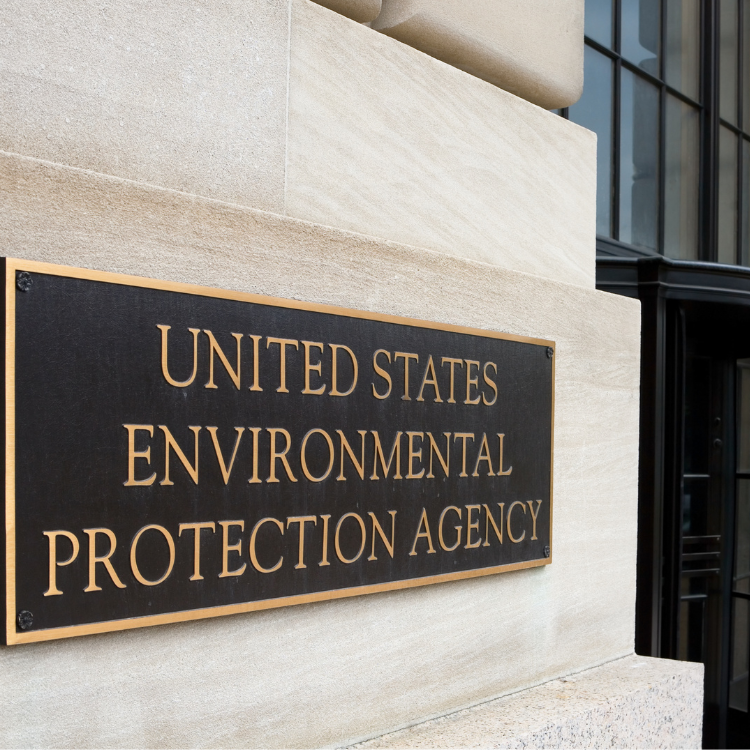
Washington DC - - The American Water Works Association (AWWA) and Clean Water Action today applauded the U.S. Environmental Protection Agency’s (EPA) new power plant pollution limits designed to protect drinking water supplies.
Both AWWA and Clean Water Action have advocated for EPA to address the impacts of discharges of from power plants into drinking water sources. Discharges into waterways can end up in drinking water intake pipes downstream of the power plants. When water is disinfected at a water treatment facility, potentially harmful byproducts, particularly from bromide, can end up in finished drinking water.
“We applaud the Biden Administration and EPA for responding to public comments and strengthening the original proposal so that new Clean Water Act standards will prevent more toxic water pollution and protect more drinking water sources,” said Clean Water Action President Jeff Carter.
“The best and most efficient way to keep our drinking water safe and healthy is to protect it at its source,” said AWWA CEO David LaFrance. “We are pleased that EPA listened to both water experts and consumer advocates in developing these guidelines and took steps to protect public health in our communities.”
Announced Thursday, the rule requires most coal-fired power plants to meet updated standards by the end of 2029, with limited exceptions for those plants that will be completely retired by 2034. EPA estimates that this final rule will reduce pollutants discharged through wastewater from coal-fired power plants by more than 660 million pounds per year.
# # #
Clean Water Action is a national 501(c)(4) environmental organization with nearly one million members nationwide. Since our founding during the campaign to pass the landmark Clean Water Act in 1972, Clean Water Action has worked to win strong health and environmental protections by bringing issue expertise, solution-oriented thinking and people power to the table.
Established in 1881, the American Water Works Association is the largest nonprofit, scientific and educational association dedicated to managing and treating water, the world’s most vital resource. With approximately 50,000 members, AWWA provides solutions to improve public health, protect the environment, strengthen the economy and enhance our quality of life.